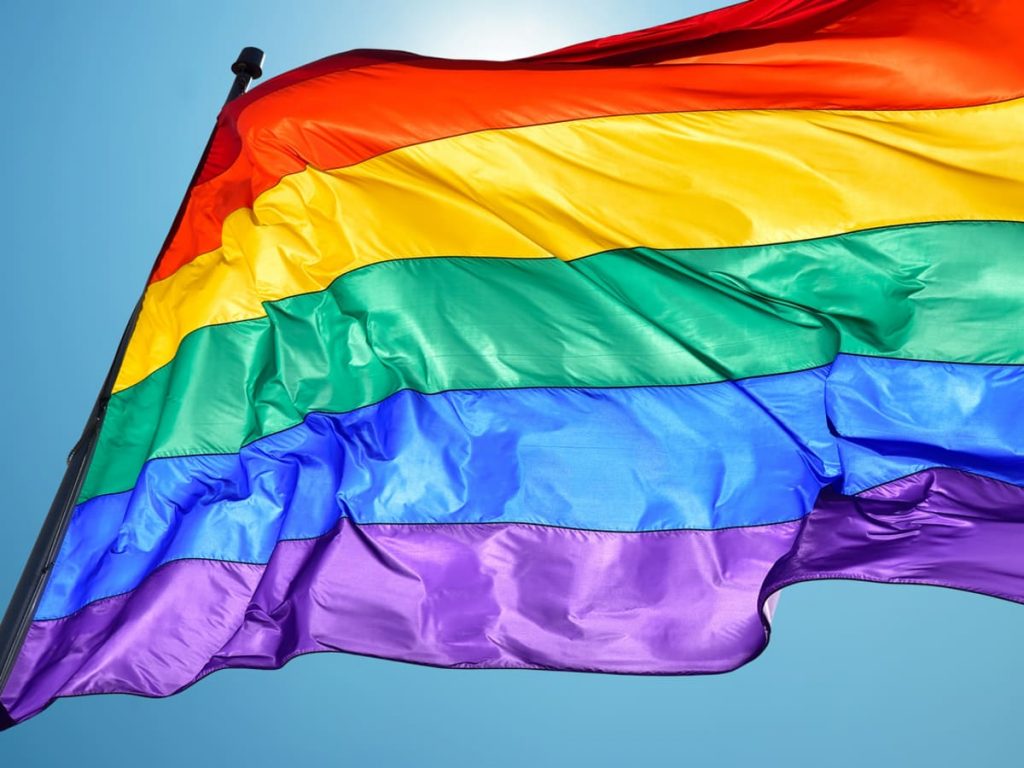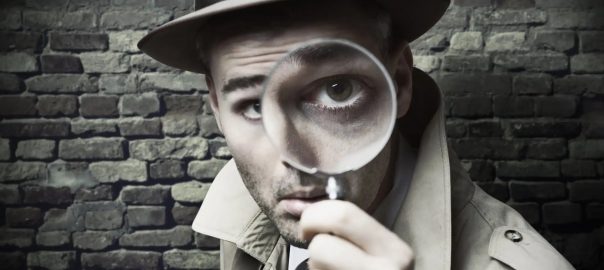Earlier this Spring, to help organize our upcoming June 9 offsite Pride 10am worship service downtown, a group of local clergy gathered to plan liturgy.
We discussed –
Greetings,
Repentance,
Forgiveness,
Communion,
Music,
Preaching,
Petitions,
Prayers.
Planning a service for a dozen congregations from different denominations together is, as you might guess, at times a delicate affair. Even when we share the same goal: of celebrating and encouraging LGBTQ+ inclusion, and naming, unequivocally, that God’s love is for all.
I was heartened to see our newly formed group gelling surprisingly well – liturgical planning came together without hitch.
Near the end of our meeting one of the pastors wondered out loud, though they weren’t entirely sure, might it make sense to include a land acknowledgement? In case that’s a new term, land acknowledgements are a formal statement that recognizes indigenous peoples as traditional stewards of the land we are on. These acknowledgments are becoming more common among museums, universities, local governments, churches.
At some point St. John’s may want to consider if, when, where and how we might want to include a land acknowledgement here too.
Another pastor in the group spoke up. Land acknowledgements are important, they began, but might that confuse our PRIDE worship audience? If we do include that language how then would we live that out? If we aren’t prepared to do something about it isn’t that just virtue signaling?
A hush fell over the room. Which, for a dozen clergy, is rare. One by one we slowly spoke up and agreed. We concluded that, if we weren’t prepared to take action on what this acknowledgement names – which is important work to be sure – we should leave it out. So we did.
Virtue signaling. It’s a newer term that has only been around a couple of decades. A Time magazine article last year titled Is It Meaningful Action, Or Is It Virtue Signaling? defines virtue signaling as a “performative, but ultimately empty display of moral goodness.”
Virtue signaling is:
- Communicating an identity that makes you look good, with no intent to live that identity out.
- Checking the box to support the marginalized but expending no effort at necessary change.
- Giving lip service to a cause with no next.
- Words without actions that back those words up.
Virtue signaling can be found in our –
Conversations,
Corporations,
Congress,
Churches.
You’ll see it in –
press releases,
marketing campaigns,
political platforms,
social media posts.
Virtue signaling on the surface looks and sounds great. That’s the point. But ultimately it does no earthly good. As a culture we are absolutely swimming in a sea of it.
Conversations
Today’s gospel from Mark finds Jesus and the Pharisees mixing it up once again. The Pharisees watched as Jesus hung out with tax collectors and sinners, even eating with them (Oh my!) They couldn’t help but notice that, when it came to fasting, Jesus was indifferent (the nerve!) Didn’t he know their moral playbook?
They were –
Appalled,
Offended,
Upset.
Because this man, who dared present himself a religious leader, kept on breaking their rules. And here he was, back at that particular project, again.
They watched as the disciples plucked and ate food from the fields they walked through, doing it on the wrong day of the week (Tsk, tsk, tsk). It was time, the Pharisees knew, to show this bothersome man what true virtue looks like. Their critique went something like this –
Jesusssssssss. It’s the sabbath. Your disciples are eating from the fields. Why do they break the law? We would never do that. We are the religious, the pious elite.
As bright as a neon sign in a dimly lit bar their virtue signaling flashed on.
Jesus, of course, knew the law.
The accusation didn’t bug him one bit.
The sabbath was made for humanity, Jesus replied. Not the other way around.
Said differently, the sabbath is a day of rest, a day of renewal. It is to benefit us, not to cause us harm. So if you’re hungry? Eat.
Sensing a teachable moment Jesus then entered the synagogue, saw a man with a withered hand, invited him over. He then turned to the Pharisees, engaging them directly, asking is it legal to do harm on the sabbath? Or to do good?
The gathered group of religious leaders were silent. Christ looked at the crowd there to accuse him. Scripture says –
He was angry.
He was grieved.
He was saddened, that
their hearts were so cold.
Jesus saw their empty display of moral goodness.
He knew it was performance, nothing more.
Not willing to leave it alone, Christ continued.
Virtue signaling itself wasn’t enough.
It was time for virtue doing.
He would show them the way.
Stretch out your hand, Jesus said to the man with the withered hand. The man did. Immediately the man was healed.
The Pharisees couldn’t believe their eyes.
They were the upright citizens of their day.
Jesus dared –
break their laws,
in front of them,
intentionally, again?
He must be stopped! The religious elites were furious their empty platitudes were being questioned. So they went out, seeking others, conspiring to destroy Jesus, once and for all.
Now
Our Tuesday morning bible study has two retired lawyers, Phil Stoffregen and Charlie Harrington. As often as lawyers and legal questions pop up in scripture we can’t help but pick on them some. Apologies guys. You set a low bar😉.
This week at bible study we talked a lot about the legal questions the Pharisees raise, and Jesus’ challenge of them. Charlie mentioned that the Pharisees were being themselves, following the law as they knew it. That perhaps we give them a bad rap. Perhaps that is true.
Yet their focus on traditional observances and righteousness, when it comes to the newness of life Christ offers, held them back. They were stuck in the past, stuck with status quo. They preferred a dormant God subject to their rites and rituals over a rule breaking God active in their lives. Perhaps that reflects our reality at times here too. Which is really too bad. For we serve a rule breaking God that –
cares deeply for us,
desires to heal us,
wants the best for us,
over and above all else.
Virtues grounded in the tenants of our faith are a great starting point. We should each be talking, sharing, communicating them with others. But don’t stop with simply signaling love of God, love of neighbor.
For we are called to back belief with behavior that lives that language out.
So when February rolls around and you celebrate Black history month, go ahead and throw that Black Lives Matter bumper sticker on your car, sure. But then go out, learn more about systemic racism in our country, and be part of long overdue, very necessary change.
As we celebrate Pride month this June, sure, go ahead and put that rainbow message on your Facebook wall. I just did. These colors, and all they represent are so much fun. But don’t stop there. Show up for our Pride worship next Sunday. March in the parade. Welcome your gay neighbor into our church with open arms. Be ready to protest unjust laws that cause the LGBTQ+ community harm. Be an ally in word and deed.
As we here at 600 6th Avenue can’t help but notice an uptick in the unhoused living in downtown Des Moines, do more than offer your thoughts and prayers. If you believe God cares for all of God’s children – and I sure hope you do – get involved. Prepare or serve dinner to the unhoused at Central Iowa Shelter & Services – we do that twice a month. Volunteer at Connection Café downstairs, we serve lunches for the food insecure here five days a week. Join our recently formed unhoused ministry team and get involved. Be the change.
In all these ways, you help heal our broken world, as modeled by Christ.
Don’t just signal your virtues.
For faith without works is dead.
Get out there,
and do. Amen.









